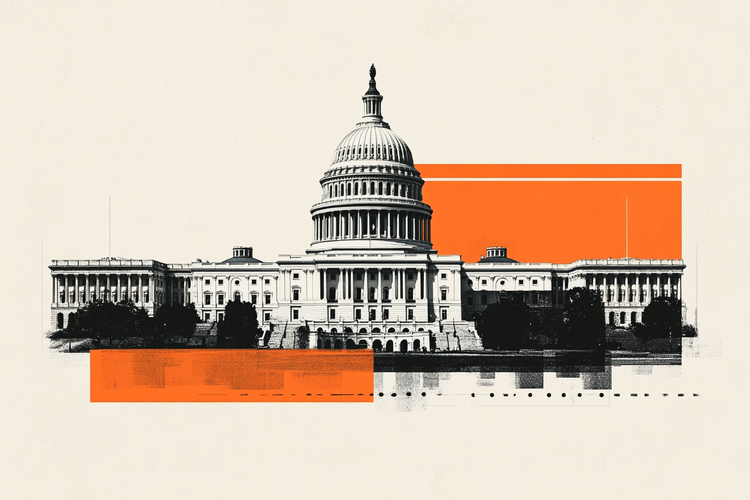Public universities across the country have mobilized against the Proposed Constitutional Amendment (PEC) 206/19, which proposes charging tuition fees for students of public higher education institutions. The matter would be voted on Wednesday (25), in the Chamber of Deputies, but ended up being removed from the agenda due to the absence of the rapporteur.
According to the latest 2020 Higher Education Census, Brazil had 1.956 million students enrolled in public higher education institutions. The 2021 edition will still be released by the agency by the National Institute of Educational Studies and Research Anísio Teixeira (Inep), which is part of the Ministry of Education.
This Thursday (26), the Federal University of Rio de Janeiro (UFRJ), the State University of Rio de Janeiro (UERJ) and eight other important state education institutions issued a note of repudiation for the movement of political groups in the Chamber of Deputies, who try to articulate the progress of the PEC.
According to the note, “the public universities were not consulted on the matter that concerns them – which seems basic to any legislative activity, since legislation does not, fundamentally, need dialogue”.
The deans also point out that universities contribute to the economic, social and scientific growth of the country, as they train qualified professionals. They also argue that starting to charge monthly payments would be an unprecedented mistake.
“The monthly fee would not be enough to guarantee and maintain the university model we defend, with a career of the servers in exclusive dedication and research laboratories in full operation; and payment by students would generate a lack of isonomy in university banks, which would be bad for internal democracy and a source of injustice.”
The original text of the norm proposes that the gratuity be maintained only for students who prove their inability to pay tuition, in criteria stipulated by the educational institutions themselves, based on parameters defined by the Executive.
Thus, it is not possible to estimate how many students would be affected immediately, in case of approval and sanction of the proposal.
Marcus Vinícius David, president of the National Association of Directors of Federal Higher Education Institutions (Andifes), considers the PEC premature. “Public colleges have a social character. And this idea needs to be studied with caution and analyzed based on studies. How to establish parameters to say which student will be charged? I do not believe that charging students is the best solution. This cannot be determined from a PEC with just one article. This requires a much more in-depth analysis”, says David, also dean of the Federal University of Juiz de Fora (UFJF).
A 2018 survey by Andifes shows that most federal higher education students are low-income. At the time, 70.2% of the students had a monthly per capita family income of up to one and a half minimum wages.
Economist Paulo Meyer Nascimento, a scholar of higher education financing modalities, professor at the Fundação Getulio Vargas School of Public Policy and Government (FGV EPPG) and researcher at the Institute of Applied Economic Research (IPEA), understands that public universities need new financing modalities. However, in his view, starting to charge students the monthly fee would not be the best way to defray the institutions’ expenses.
For him, the best way is to ensure that the student does not pay anything during the course and bears the expenses after graduation, with progressive rates linked to the individual’s income. In this way, it would also be possible to guarantee the protection of the most vulnerable: unemployed people or people in very low income conditions would not pay while they were in this condition.
“The monthly fee is bad because it creates a financial barrier for those who want to study. And traditional financing would bring the problem of the student carrying a debt that he does not know if he will be able to afford it. The model I propose is linked to income and charged by the Federal Revenue, withheld at source, similar to the Income Tax. There are experiences similar to these in countries like Australia, Hungary, New Zealand and Uruguay”, evaluates Meyer Nascimento.
Source: CNN Brasil







